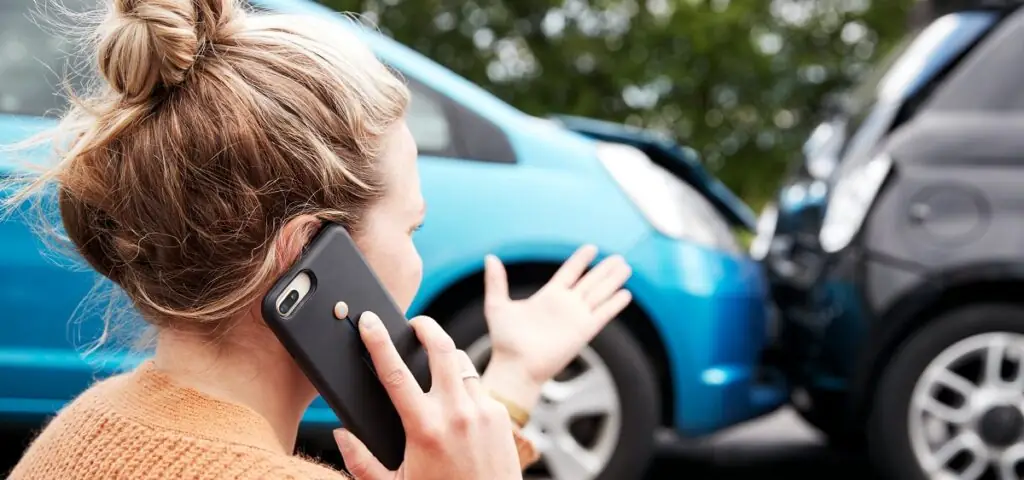Recent headlines highlight a growing number of hit-and-run accidents in Quebec, many of them tragically fatal. But did you know that the definition of “hit-and-run” is much broader than simply leaving the scene after a road accident? Read on to learn about the various hit-and-run offences that exist and their consequences!

In Quebec, a “hit-and-run” can refer to a number of different offences. In legal terms, it can refer to the Highway Safety Code offence of failing to provide contact information after a road accident.
But a hit-and-run could also refer to the more serious crime of deliberately fleeing the scene of a road accident in which you’re involved, or refusing to stop your vehicle when ordered to do so by the police.
Reporting requirements following an accident
The Highway Safety Code sets out specific rules for accidents involving unoccupied vehicles. These same rules apply in the case of a car accident involving an animal weighing more than 25 kg or an inanimate object. If you can’t reach the owner of whatever was hit, you must contact the nearest police station to report the accident and provide the following information:
- your name,
- your address,
- your driver’s licence number,
- your car’s licence plate number,
- the certificate of insurance or certificate of financial responsibility, and
- the name and address of the owner of the car you were driving if it doesn’t belong to you.
It’s not enough to leave a note with your phone number on the other car’s windshield. You must report the accident to the police and provide them with the required information. If someone was injured in the accident, the police must be called to the scene.
In the event of an accident involving an occupied vehicle, the rules are similar. You must stay at the scene and help those in need. You must also provide the information listed above, either to the police or to the other person involved in the accident.
It’s a hit-and-run offence if you don’t follow these rules in the event of an accident. If convicted, you could face a fine of between $200 and $2,000 and nine demerit points on your driving record.
Criminal charges
Depending on the situation, in addition to the Highway Safety Code offence, you could be accused of a crime for failing to stop after an accident. This crime is punishable by up to ten years’ imprisonment on a first conviction. A driver could be charged with this crime if they are aware of their involvement in an accident, and, without reasonable excuse, fail to do any of the following:
- stop their vehicle,
- give their name or address to the police or the other person involved in the accident, or
- help an injured person or someone who appeared to be in need of assistance.
|
For more serious hit-and-runs, harsher sentences are possible for a first conviction.
|





